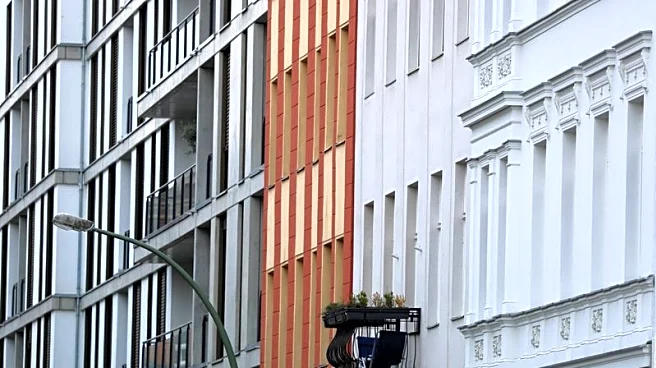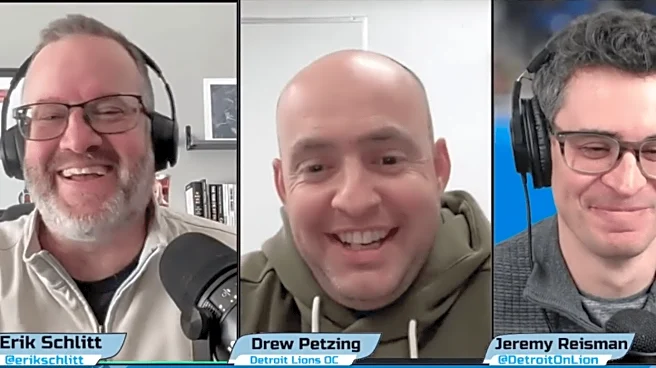By Tom Sims and John O'Donnell
FRANKFURT (Reuters) -Home prices in Germany rose 3.2% in the second quarter, marking the third consecutive quarterly gain as the property sector in Europe's largest economy
seeks stability after a deep recession, data showed on Wednesday.
The increase was smaller than the 3.5% gain in the first quarter. The figure for that period was also revised down from an originally reported 3.8%.
While the recent gains partially offset price declines over the past two years, home values remain 9% below their 2022 peak, as inflation and higher interest rates continue to weigh on the sector.
The increases in home prices stand in contrast to stagnation in other segments of the broader real-estate market, most notably for offices and retail space, two areas that have been under pressure as people work from home and shop online.
Industry experts expect swathes of the market to remain stressed in the months ahead given the weak economy, trade wars and geopolitical risks.
"The crisis isn't a Lehman-style bang but rather coming in fits and starts," said Andreas Naujoks, a partner focused on real estate with the law firm Noerr.
Germany is the only Group of Seven leading economy to have contracted for the past two years, and is forecast to eke out growth of just 0.2% this year.
The property sector makes up roughly a fifth of economic output and nearly one in ten jobs, according to the German Property Federation, eclipsing the nation's car industry.
Germany's property boom, fuelled for years by low interest rates, cheap energy and a strong economy, ended when a post-pandemic inflation surge forced the European Central Bank to hike borrowing costs and the rise of work from home hammered office occupancy rates.
Real-estate financing dried up, projects stalled, major developers went bust, and some banks teetered.
Insolvencies are still on the rise across the broader sector, with a 33% increase in the year through August, according to an analysis by consultancy Falkensteg. That marks a fourth year of rapid increases.
Interest rates remain a risk as property owners refinance their expiring fixed-rate loans, said Christian Alpers, head of Falkensteg Real Estate.
"Significantly higher refinancing costs and continuing restrictive lending practices could now also lead to acute liquidity bottlenecks ... and further drive up the number of insolvencies," he said.
(Reporting by Tom Sims and John O'Donnell, editing by Ludwig Burger, Thomas Seythal and Louise Heavens)










